Weather As The Decisive Factor Of The Aleutian Campaign
Nonfiction, History, Germany, European General, Military, United States| Author: | Lieutenant Commander Carol A. Wilder | ISBN: | 9781782897354 |
| Publisher: | Verdun Press | Publication: | August 15, 2014 |
| Imprint: | Verdun Press | Language: | English |
| Author: | Lieutenant Commander Carol A. Wilder |
| ISBN: | 9781782897354 |
| Publisher: | Verdun Press |
| Publication: | August 15, 2014 |
| Imprint: | Verdun Press |
| Language: | English |
This study is an examination of historical data to determine if weather was the decisive factor of the Aleutian Campaign. The campaign was carried out early in World War II along the over 1,000 miles of the archipelago. Island warfare made joint operations a necessity. Weather conditions disrupted all areas of battle; sea, air and ground, and made attempts at coordinated actions futile.
The intense weather conditions of the North Pacific severely complicated operations over, near and on the Aleutian Islands. Weather and its effect on the Japanese raid on Dutch Harbor and the American response is examined. The role of the weather is also examined as the Americans attempt to bomb the Japanese out of Kiska and Attu. Finally, the influence of weather on the amphibious landings and ensuing ground action to eject the Japanese from the islands is reviewed.
Though a dominant factor, weather was not the decisive factor at the tactical level of warfare during this campaign. The American ability to mass overwhelming combat power ultimately drove the Japanese from the region.
This study is an examination of historical data to determine if weather was the decisive factor of the Aleutian Campaign. The campaign was carried out early in World War II along the over 1,000 miles of the archipelago. Island warfare made joint operations a necessity. Weather conditions disrupted all areas of battle; sea, air and ground, and made attempts at coordinated actions futile.
The intense weather conditions of the North Pacific severely complicated operations over, near and on the Aleutian Islands. Weather and its effect on the Japanese raid on Dutch Harbor and the American response is examined. The role of the weather is also examined as the Americans attempt to bomb the Japanese out of Kiska and Attu. Finally, the influence of weather on the amphibious landings and ensuing ground action to eject the Japanese from the islands is reviewed.
Though a dominant factor, weather was not the decisive factor at the tactical level of warfare during this campaign. The American ability to mass overwhelming combat power ultimately drove the Japanese from the region.
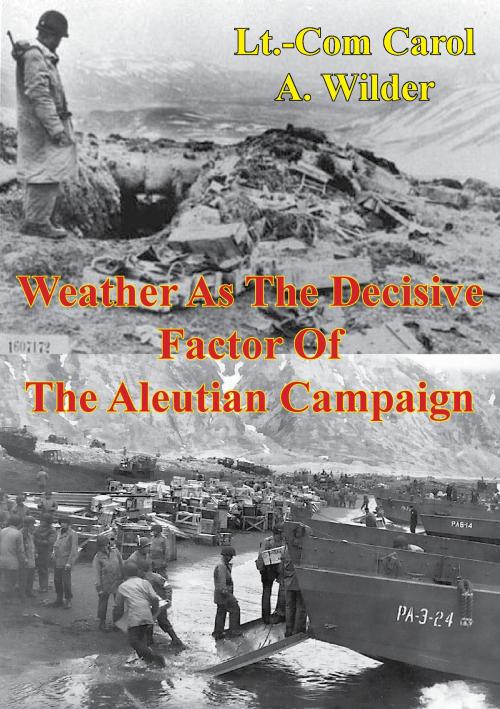
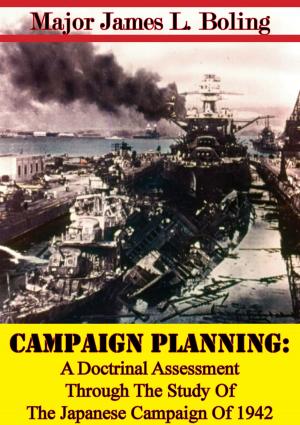
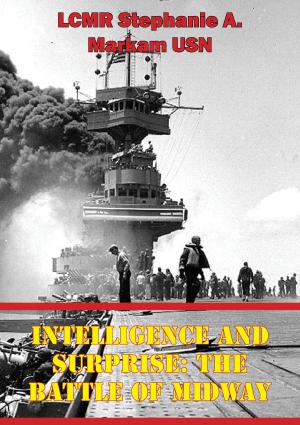

![Cover of the book Condition Red; Destroyer Action In The South Pacific [Illustrated Edition] by Lieutenant Commander Carol A. Wilder](https://www.kuoky.com/images/2015/november/300x300/9781786252623-ExZ1_300x.jpg)
![Cover of the book Stalingrad To Berlin - The German Defeat In The East [Illustrated Edition] by Lieutenant Commander Carol A. Wilder](https://www.kuoky.com/images/2014/august/300x300/9781782893202-n4Nr_300x.jpg)
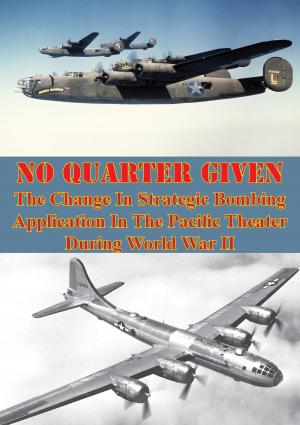

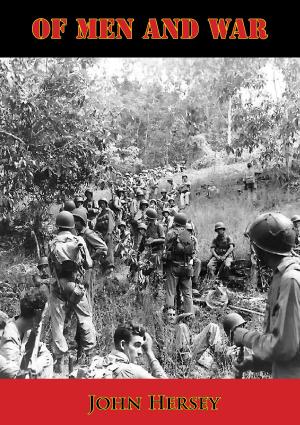





![Cover of the book The Scots Guards in the Great War 1914-1918 [Illustrated Edition] by Lieutenant Commander Carol A. Wilder](https://www.kuoky.com/images/2015/november/300x300/9781786255532-qMuK_300x.jpg)
